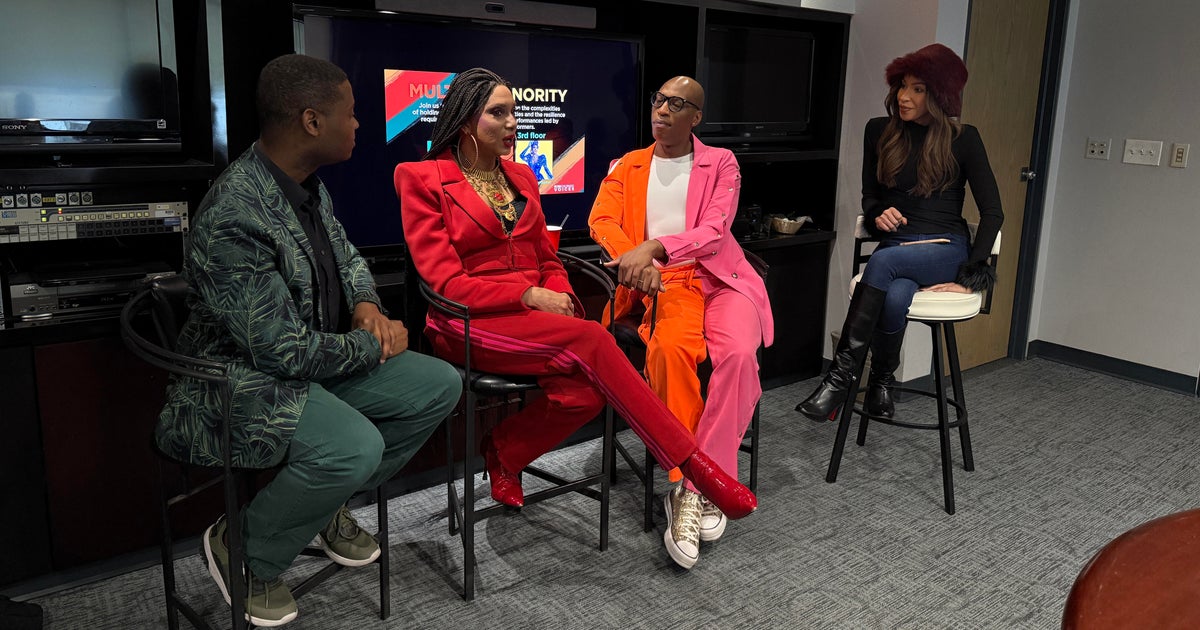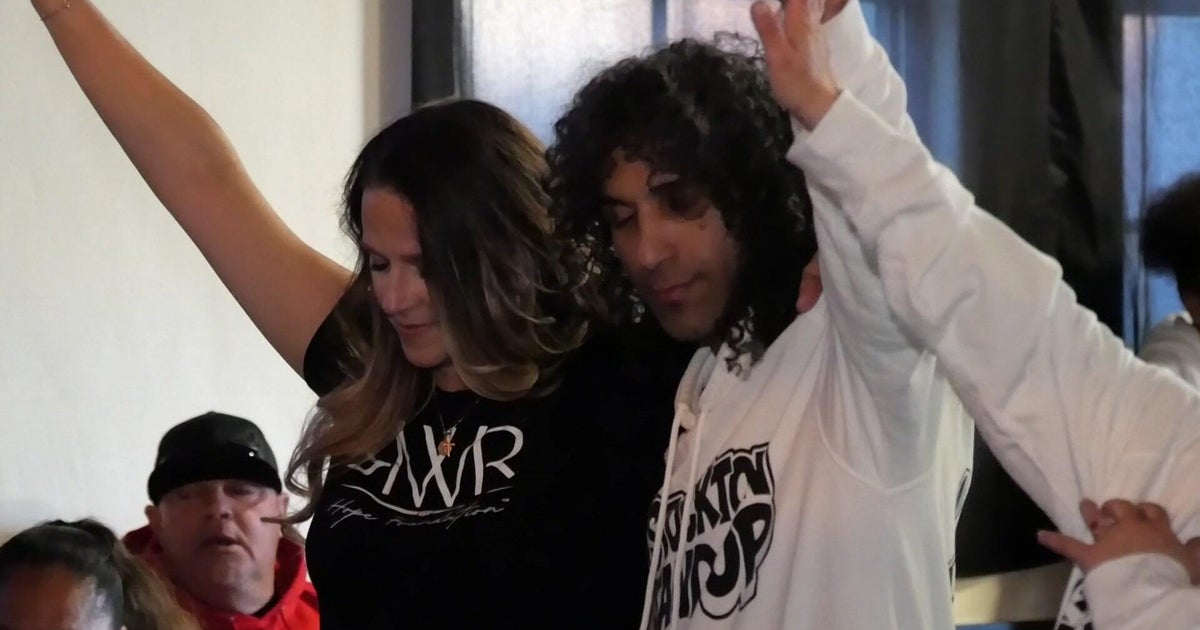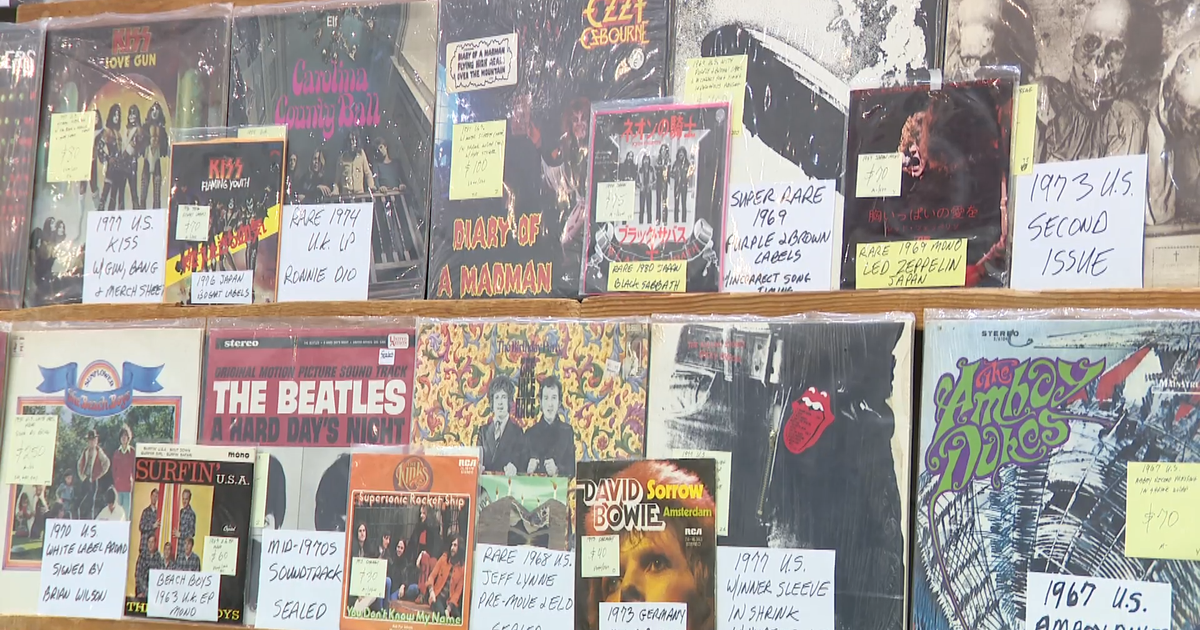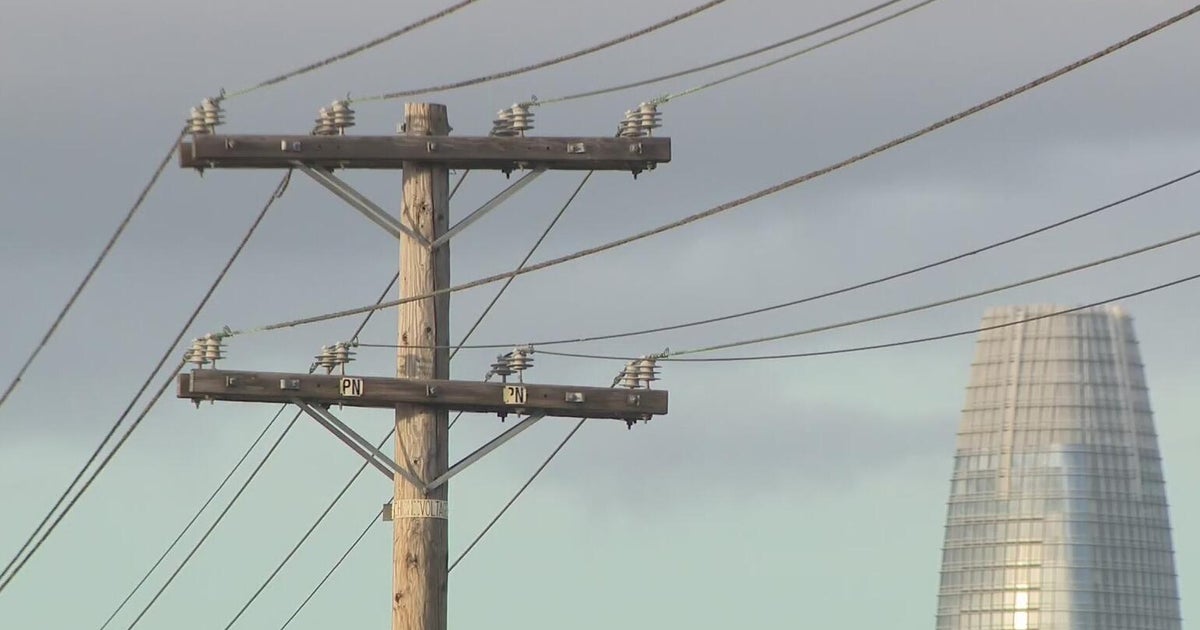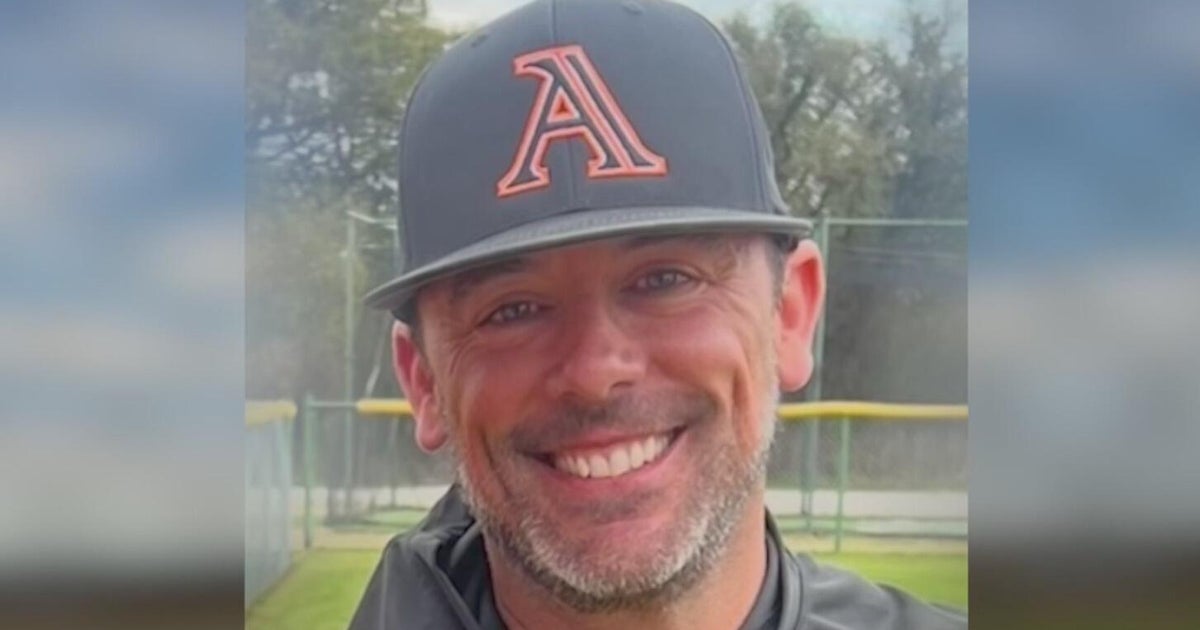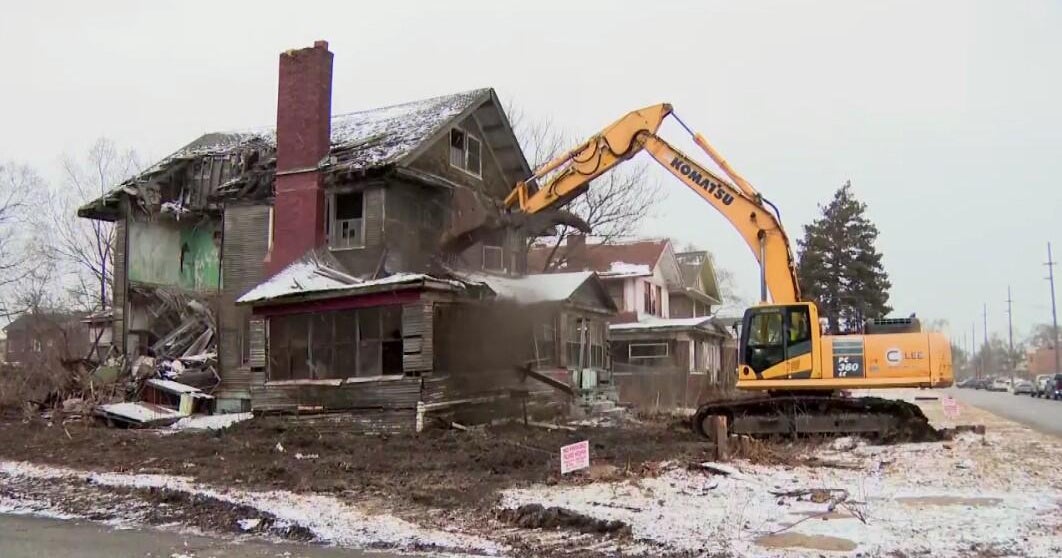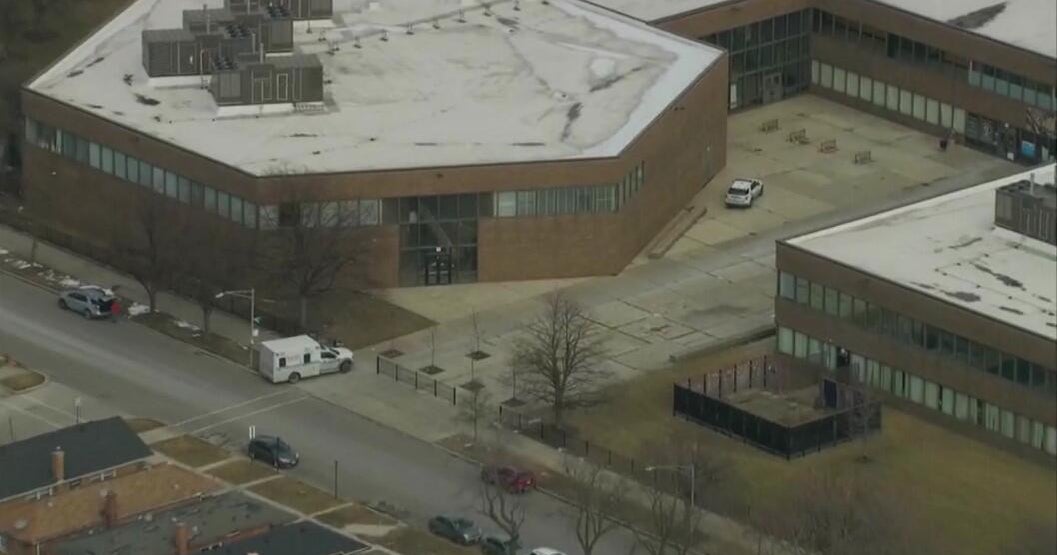Gay History Referendum Faces Uphill Battle
SAN FRANCISCO (AP) -- At churches, shopping centers, schools, and local tea party meetings in California, fired-up volunteers have started gathering signatures for a ballot referendum that would repeal the nation's first law requiring public schools to include prominent gay people and gay rights' milestones in school lessons.
Organizers of the Stop SB48 campaign-- Senate Bill 48 was the law approved by the California Legislature and signed by Gov. Jerry Brown in July -- are telling would-be voters the new mandate would inappropriately expose young children to sex, infringe on parental rights and silence religion-based criticisms of homosexuality. Those are talking points successfully used by proponents of Proposition 8, the 2008 ballot measure that banned same-sex marriage in California.
But so far, Mormon and Catholic church leaders and conservative groups who spearheaded the Proposition 8 campaign have not joined the effort to qualify the gay history referendum for the June 2012 ballot, leaving less-experienced Christian conservatives to lead the charge without the organizational prowess and funding to hire paid signature gatherers.
Political operatives say they can't recall any citizens' initiative that made the state ballot without professional petition circulators in almost three decades.
"If someone wrote a million-dollar check, we would be guaranteed to get this on the ballot," said Pacific Justice Institute President Brad Dacus, whose legal aid firm wrote the proposed measure and is co-sponsoring the signature-gathering effort. "That's not the case at this point... We are counting on people in churches and communities and families making the extra effort to get it done."
Supporters have until Oct. 12 to collect 504,760 signatures from registered voters to qualify the measure for the ballot. Conventional wisdom among political consultants is that it will be difficult to meet the requirement with such a short window and only volunteers.
Sacramento political consultant Wayne Johnson, whose firm has worked on more than a dozen ballot initiative campaigns, said that with the same-sex marriage ban tied up in the courts, a presidential election on the horizon and many Christian parents with children in private schools, conservative groups with the most cash and experience may sit out this fight.
"We are in a different environment and a different economy," Johnson said. "How much of your resources and energy can be devoted to preserving the status quo?"
Still, no one is ready to write off the repeal attempt, especially if a donor steps up in the next few weeks to fund professional petitioners. If ever there was a measure that could galvanize the electorate, it's one dealing with gay rights and school children.
"On an issue like this one, sometimes an abundance of passion, on both sides, can make up for a lack of money," said Dan Schnur, director of the Jesse M. Unruh Institute of Politics at the University of Southern California and a former GOP campaign spokesman. "A well-organized and very emotionally committed grassroots base may be able to get this on the ballot even without significant funding."
The new law takes effect Jan.1 but state education officials say it is unlikely to be fully implemented until at least the 2015-16 school year. It adds lesbian, gay, bisexual, transgender people, as well as European Americans and people with disabilities to the lengthy list of social and ethnic groups whose "roles and contributions" California public schools must include in California and U.S. history lessons and teaching materials such as textbooks.
The law also prohibits any instructional materials that "reflect adversely" on gays or particular religions. Because of the state's budget straits, the California Department of Education's timeline for adopting new textbooks has been pushed back until 2015. The work of revising the history and social studies curriculum framework that determines what students learn and at what grades has been suspended until further notice.
Fears that kindergartners will be hearing about prominent gays in history are misplaced, said Sherry Skelly Griffith, governmental relations specialist for the Association of California School Administrators.
Currently, California students do not receive any significant social studies until they study state history in fourth grade. They begin learning about U.S. history in eighth grade, but do not study 20th Century social movements, the most logical place for gay history to receive a serious treatment, until they are juniors in high school.
Educators who devise the curriculum are unlikely to include the sexual orientation of historical figures unless it is relevant, Griffith said.
"Frankly, there isn't time to get into people's personal lives..." she said. "Your textbook needs to address broad-brush themes."
The group organizing the petition drive is the Capitol Resource Institute, a nonprofit organization that has fought gay rights bills, including measures that recognized slain gay rights leader Harvey Milk's birthday. Three years ago, the institute unsuccessfully attempted to qualify a referendum that would have overturned a law prohibiting discrimination in schools based on sexual orientation.
Founded in 1987 as an anti-abortion lobbying group by two wealthy Christian businessmen from Orange County, former California Senate Republican leader Rob Hurtt and banking heir Howard Ahmanson Jr., the group has also championed a bill that would have made it more difficult to obtain a divorce in California and opposed others that would have made spanking a crime and stiffened penalties for hate crimes
Its annual income in 2009, the last year for which information was available, was a little over $282,000.
Karen England, the institute's executive director, said that along with the Pacific Justice Institute, several other staunchly conservative groups with long histories of activism have endorsed the repeal and are rallying their members. England said she is convinced that the group will succeed. "We are going to do what it takes to ensure victory to get the referendum on the ballot," she said.
Equality California, the state's largest gay rights group, has launched a web site to counteract the information being put out by the campaign.
Executive Director Roland Palencia said his group assumes the measure will be on the ballot, given the organizational muscle that evangelical churches demonstrated during the Proposition 8 campaign. Gay rights activists will try to portray the backers of the repeal as extremists who are out of step with most Californians.
"If it qualifies ... we will put up a fight." he said.
(Copyright 2011 by The Associated Press. All Rights Reserved.)
